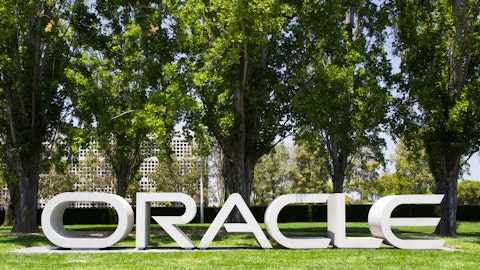
Nexus International’s record-breaking $546 million in half-year revenue during 2025 has pushed it into the ranks of the world’s top 100 gaming operators, and much of that success can be traced back to a single market: Brazil. At the center of this performance is Megaposta, Nexus’s flagship Brazil-facing platform, which rapidly established a strong foothold in one of the most closely watched regulated gaming markets globally.
Brazil’s transition to a fully regulated iGaming framework came into effect in early 2025, following the implementation of Law 14,790/2023. The law introduced fixed-odds betting licenses, specific tax rates, and strict operational standards including facial recognition for player verification and Central Bank–linked payment accounts. While these changes promised long-term market integrity, they also created significant onboarding and compliance hurdles for new entrants.
Nexus International, however, had already positioned Megaposta ahead of these changes. By securing full licensing early and pre-emptively building systems aligned with Brazil’s new compliance requirements, Megaposta launched with a fully approved framework on day one, a move that set it apart from many international competitors still adapting mid-cycle.
The result: uninterrupted operations, full marketing permissions, and early access to local affiliates and payment providers.
During the first half of 2025, Megaposta recorded double-digit growth in both active user count and transaction volume, according to internal performance data. This momentum was not purely a result of regulatory timing, it also reflected strategic execution on the ground.
Localized marketing campaigns, regional payment integrations, and Portuguese-language customer onboarding all contributed to an experience that met user expectations in a newly regulated environment. Instead of scaling quickly across many markets, Nexus concentrated resources where traction was highest, and Brazil delivered.
In a market forecast by Brazil’s Ministry of Finance to exceed $3.5 billion annually by 2028, being early, and compliant, gave Megaposta a critical advantage.
While Nexus moved early, several larger competitors struggled. Flutter’s Betfair, for instance, reported a 44% drop in Brazil revenue in Q1 2025, citing user friction related to facial recognition onboarding delays. Others, like NSX Group and Entain, also saw meaningful growth, but only after late-stage licensing adjustments.
Megaposta’s head start wasn’t just about speed; it was about structural readiness. Its backend systems had already integrated the identity verification and local financial processes that Brazilian law now requires, enabling users to register, deposit, and play without interruption.
Megaposta’s success also influenced broader company decisions. In mid-2025, Nexus announced that it would relocate its global headquarters to São Paulo, making Brazil the central hub for operations, compliance, and product development. According to CEO Gurhan Kiziloz, the move reflected a data-led strategy: “We build where performance is proven.”
The São Paulo office now coordinates Nexus’s wider Latin American efforts and serves as a base for future licensing pursuits in Colombia, Peru, and Chile. By embedding leadership teams directly in Brazil, the company expects to speed up decision-making, compliance reporting, and product localization.
With Megaposta now driving a significant share of Nexus International’s half-year revenue, the question becomes whether the model is replicable. The company has signaled interest in other regulated Latin American markets but has maintained its controlled scaling philosophy, entering only after performance and infrastructure are proven.
The Brazil case shows that Nexus’s model of self-funded, compliance-first execution can compete with well-capitalized rivals, particularly in jurisdictions where regulation favors operational readiness over marketing spend.
Megaposta’s performance isn’t just a regional win. It represents a template that could define Nexus’s broader expansion strategy: build deep where regulation is clear, scale when the data supports it, and prioritize sustainable infrastructure over surface-level reach.
Disclosure: Insider Monkey doesn’t recommend purchase of any securities/currencies. Insider Monkey received compensation to publish this article. We don’t guarantee the accuracy of the statements made in this article. Insider Monkey and its principals are not affiliated with the client and have no ownership in the client’s business. Insider Monkey doesn’t recommend the purchase/sale of any securities, cryptocurrencies, or ICOs. Please get in touch with a financial professional before making any financial decisions. You understand that Insider Monkey doesn’t accept any responsibility and you will be using the information presented here at your own risk. You acknowledge that this disclaimer is a simplified version of our Terms of Use, and by accessing or using our site, you agree to be bound by all of its terms and conditions. If at any time you find these terms and conditions unacceptable, you must immediately leave the Site and cease all use of the Site.





